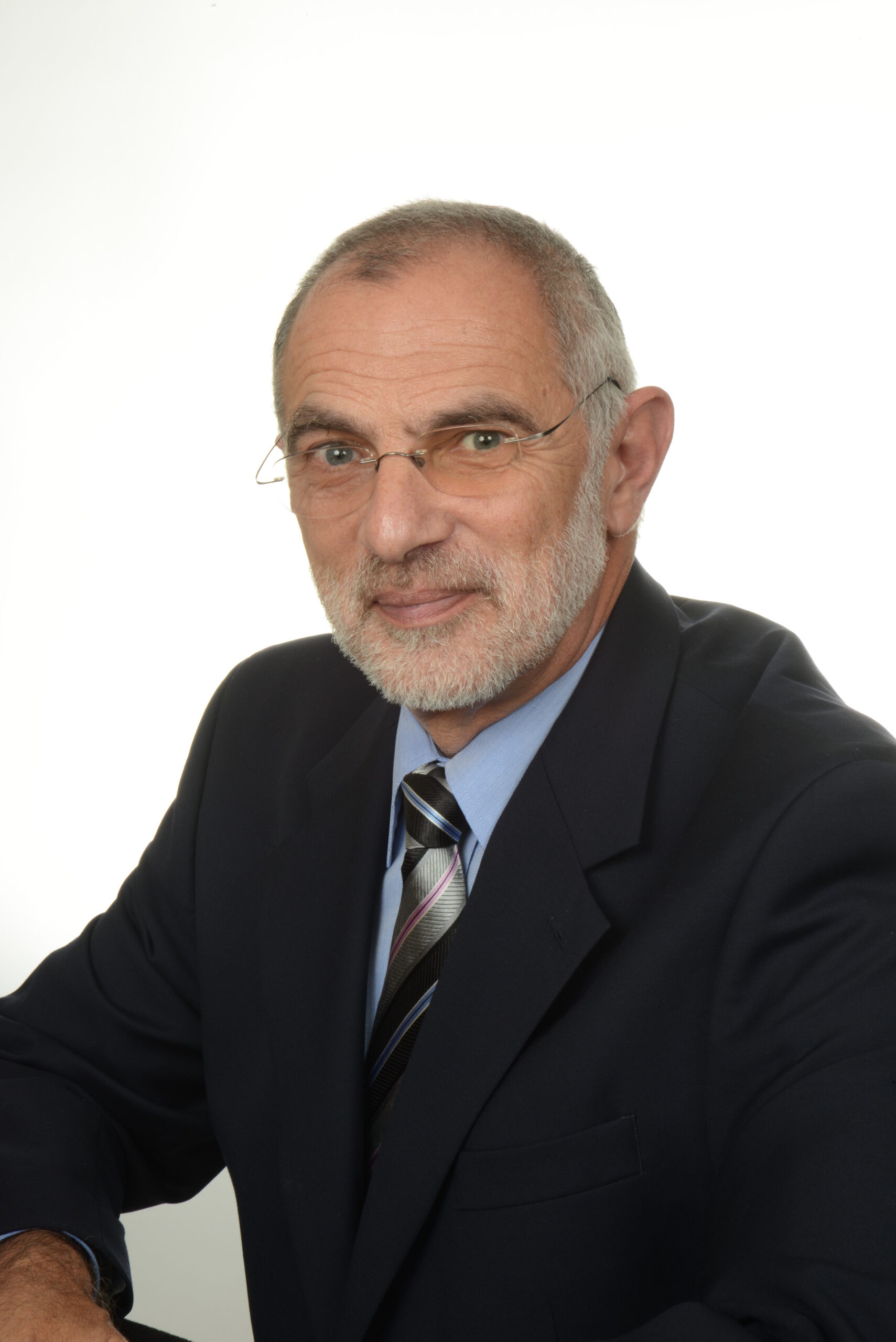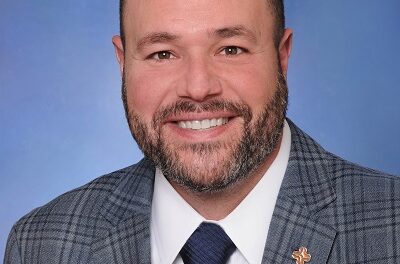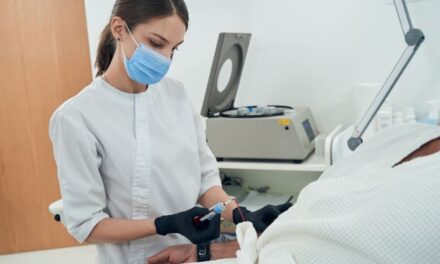.jpg) In the ever-evolving world of healthcare, change is the only thing that remains the same. This is especially true in the area of hospital staffing, where the workforce and the way that it is deployed is constantly shifting.
In the ever-evolving world of healthcare, change is the only thing that remains the same. This is especially true in the area of hospital staffing, where the workforce and the way that it is deployed is constantly shifting.
“I think that the pandemic has certainly forced us to look at workforce planning very differently,” said Margie Vargas, senior vice president and chief human resources officer, Memorial Healthcare System, of changes caused by COVID-19.
Before the pandemic, for example, healthcare workers often chose to work in one location where they could build their careers. Today, an increasing number of professionals, particularly in licensed positions like RNs, respiratory therapists and imaging clinicians, are taking on travel assignments and becoming contract personnel, due in part to a more lucrative contract and hourly rate.
“This has been a real challenge for those of us in the healthcare space,” said Vargas. “As the pandemic progressed, more and more Memorial clinicians were being recruited for traveling assignments to different parts of the country, and we saw the departure of staff members to go to the Midwest.
“The demand for clinical personnel exponentially grew, and while we were successful in hiring enough contract labor to supplement our own staffing at bedside, it came at a pretty high cost,” she added.
In addition to commanding a higher per hour rate, which ranges depending on discipline, an array of benefits are associated with those rates, including housing and meal allowances. Contracts are typically 13 weeks long, which means that healthcare systems must also act proactively to extend those contracts when needed.
While this required a lot of strategic planning behind the scenes, patient care remained a priority.
“Contract personnel are vetted through the same formalized process as our regular employees so that they can provide patient care at the same high level that staff provides,” said Vargas, adding that contract workers go through an orientation and competency assessment process, and also work in tandem with staff members.
“This process is key because we have behavioral expectations as well as clinical expectations that must align with our mission statement,” she added. “We provide more than just medical care; the holistic aspect of patient care is very important to us.”
While many healthcare professionals took advantage of traveling assignments, Vargas said that some contract workers are now reconsidering this role.
“I am seeing a trend in declining travel assignments; some of the employees we lost are now coming back home,” she said, adding that she has heard the same from other healthcare facilities. “Working like that can really take a toll, so we’re seeing an increase in clinical personnel coming back to their organizations, which is very promising.
“It’s such an unpredictable space,” she added. “Though we’re still at a very early point of COVID recovery, there does seem to be a desire to go back to some level of normalcy, whatever that may look like. People want to be back with their families and back in their communities, and there’s a desire by clinical personnel to have that return professionally as well.”
To this end, Memorial Healthcare System is reaching out to this population to remind them of the benefits that come from working at a fiscally sound employer that provides great patient care as well as job consistency.
“We want our employees who built careers here to know that they can come back,” said Vargas. “While hope is not a strategy, as vaccination rates go up and the infection rate continues to decrease, we’re hopeful that that is what employees want for themselves as well as their families. So far, it seems to be working.”
Providing Other Pathways
Just as Memorial is working on bringing former employees back into the fold, Vargas said that it is also focusing on creating new pathways for staff so that they can continue to grow and learn, and exploring ways to partner with academia on different levels to create pathways into the organization.
The health system launched a nursing fellowship program in mid-May that is already attracting attention.
“We were very successful in terms of attracting candidates just in the first week after launch; interest was actually overwhelming,” said Vargas. “Our focus is on providing experienced nurses who want to gain skills in different areas or modalities with a year-long fellowship to help them reinvent their nursing careers.
“As both a retention as well as a pipeline strategy, this program can enable a med/surg floor nurse to go to the critical care floor, as well as advance into other areas of nursing including oncology and cardiac care,” she added.
Memorial’s graduate medical program also works in affiliation with Florida International University, Florida Atlantic University, Broward College and others to provide their graduates with insight on careers and what Memorial can offer them post-graduation.
As employees join or come back to Memorial, the healthcare system is also taking into account just how tough the pandemic experience has been.
“As healthcare executives, you need to look at where you can meet employees in their development, and this may also mean providing for needs outside basic employment,” said Vargas. “Right now, that means providing a space where they can begin to heal. People have been through a very traumatic event both personally and professionally, so we need to look beyond the job.”




























